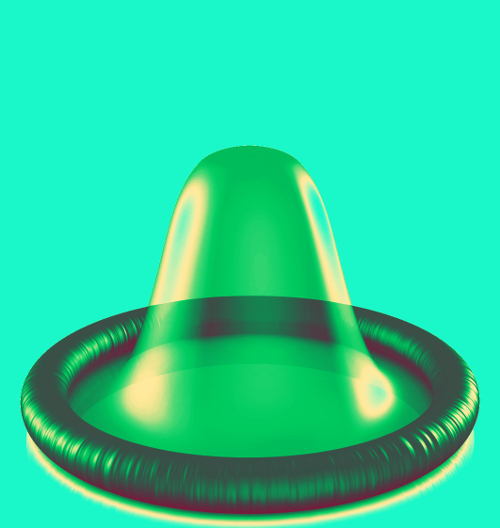Grass condoms key to new industry
 Academics and aboriginal rangers have come together near the Queensland-Northern Territory border to farm native spinifex grass for the world's strongest, thinnest condoms.
Academics and aboriginal rangers have come together near the Queensland-Northern Territory border to farm native spinifex grass for the world's strongest, thinnest condoms.
The new industry has been launched on the back of University of Queensland research showing the spikey, prickly grass contains long fibres that dramatically increase the durability of plastics and rubbers.
Dugalungi Aboriginal Corporation managing director Colin Saltmere says spinifex is not new to Indigenous culture.
“All those things that you'd normally have to hunt and gather with, you'd use spinifex for,” he said.
“You'd use it to make spears, chisels and they even make spoons and forks and knives.
“We've known for a long time that spinifex is special.”
Local workers have been employed to harvest the grass, thrash and break it down, and bag it for transport to a lab in Brisbane.
It can then be ground into a powder and pulped to produce nanofibres that are added to latex to produce the super condoms.
“What we've found is that if you break this grass down into its smallest building blocks. they're actually soft and flexible and tough,” said UQ researcher Professor Darren Martin.
“Added to latex, it's producing the world's thinnest, strongest condoms.
“We're getting a 20 per cent increase in the burst pressure, the strength, and we're getting a 40 per cent increase in the burst volume.”
Professor Martin said there was a lot of international attention.
“There's a lot of interest, very serious interest, from all the big players and if all goes to plan, we could be into products within three years,” he said.
“Our pilot plant that we're commissioning at the moment will make five kilos a day, so during the year we could make enough nanocellulose to go into every condom on the planet.”
The experts are looking to create a permanent spinifex farming industry to provide new jobs for rural and Indigenous people.







 Print
Print